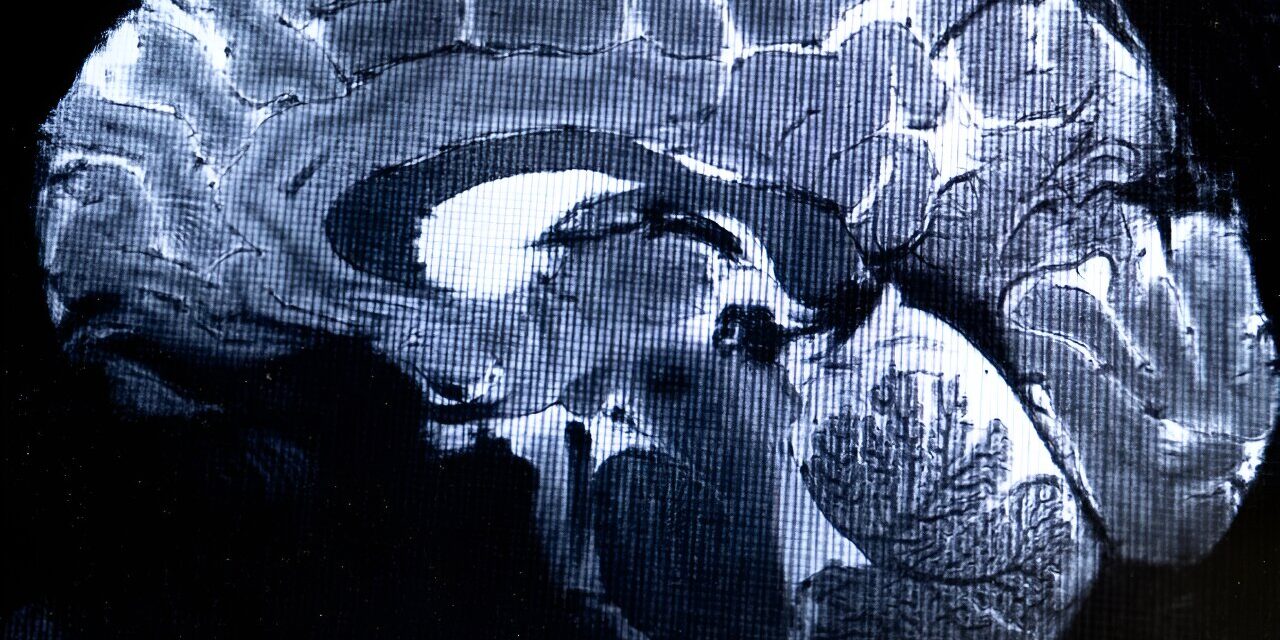In a recent statement, doctors highlighted that dengue, traditionally known for causing mild flu-like symptoms, poses significant neurological risks that are often overlooked. With dengue cases surging during the monsoon season in India, experts are urging heightened awareness of the virus’s severe impacts on the brain and nervous system.
Amid heavy rains, several states, including Karnataka, Kerala, Telangana, Andhra Pradesh, Odisha, Delhi, and Maharashtra, have reported a sharp increase in dengue infections. According to the Municipal Corporation of Delhi (MCD), the national capital recorded 246 dengue cases by June 30 this year, a steep rise compared to previous years. In the same period, Delhi reported 122 cases in 2023, 143 cases in 2022, 36 cases in 2021, and just 20 cases in 2020.
“While primarily known for causing flu-like symptoms, dengue has profound neurological implications that are often overlooked,” stated Dr. Praveen Gupta, Principal Director & Chief of Neurology at Fortis Hospital, Gurugram, in an interview with IANS. He explained that the neurological manifestations of dengue, although less common, can include encephalitis, meningitis, and myelitis. These serious conditions arise when the virus crosses the blood-brain barrier, leading to inflammation and infection of the brain and spinal cord.
Patients with severe dengue may experience severe headaches, altered mental status, seizures, and even coma. The virus’s ability to directly infect neural cells causes damage and inflammation, exacerbated by the immune response triggered by the infection, complicating management.
Dengue is a vector-borne disease transmitted through the bite of an infected Aedes mosquito. It is endemic to over 100 countries and affects approximately 400 million people globally each year. The incidence of dengue fever spikes significantly during the monsoon season due to increased mosquito breeding. Stagnant water and higher humidity during this period create ideal conditions for the Aedes mosquito to thrive, leading to a surge in cases.
“Dengue can affect many parts of the human body, including the nervous system. When it affects the nervous system, the presentation will be like a brain fever. Patients could have altered consciousness levels and difficulty in talking, stroke, seizures or fits, and could have bleeding in the brain also due to low platelet counts,” explained Dr. Srikantha Swamy, Lead Senior Consultant in Neurology at Aster RV Hospital, Bengaluru, to IANS.
He further emphasized that low platelet counts, common in dengue patients, can lead to bleeding in various parts of the body, including the brain. “When platelets are low and a patient is diagnosed as dengue positive, then it affects the nervous system, and the progress is usually bad,” Dr. Swamy added.
Experts stressed that the increased neurological complications of dengue during the monsoon highlight the need for early recognition and intervention. Healthcare systems must be vigilant in monitoring for signs of neurological involvement in dengue patients, especially during peak transmission periods.
Preventative measures, such as mosquito control and public awareness campaigns, are crucial to mitigating the impact of dengue on neurological health during the monsoon season. With a comprehensive approach, the severe neurological consequences of this mosquito-borne illness can be better managed, ensuring timely and effective treatment for affected individuals.













